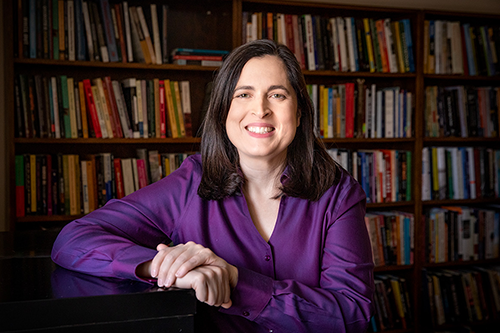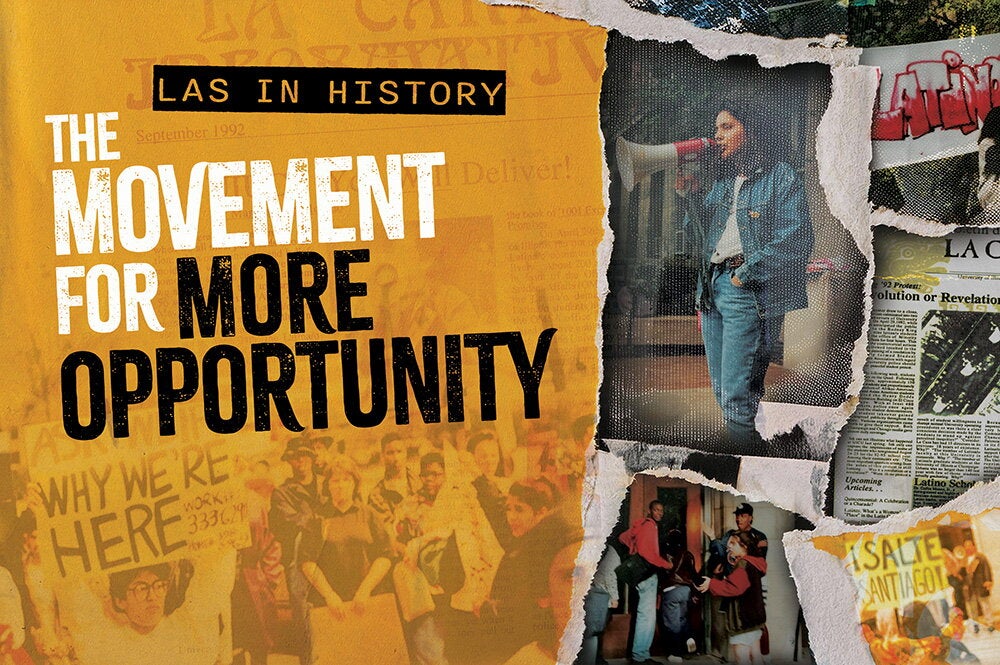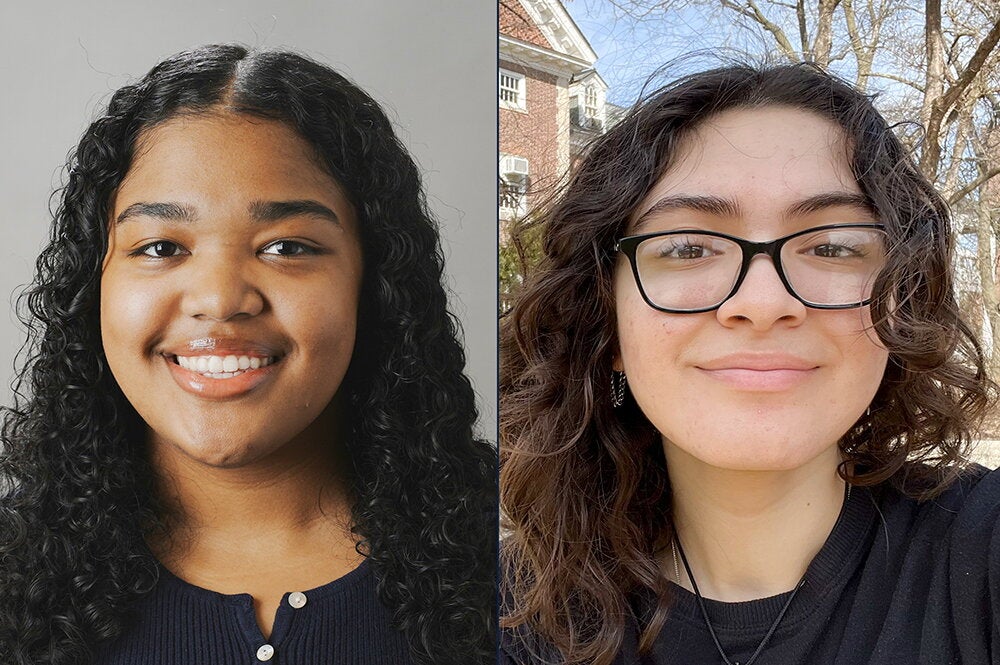

A citizenship question on the 2020 census appears unlikely after a Supreme Court ruling June 27. Many researchers involved with the census have strongly opposed adding the question, among them Julie Dowling, a professor of Latina/Latino studies at Illinois and vice chair of the U.S. Census Bureau’s National Advisory Committee on Racial, Ethnic and Other Populations. She spoke with News Bureau social sciences editor Craig Chamberlain about the potential consequences of the case.
Even if there is no citizenship question on the census, how do you think this case might affect the process or the response?
Not having a citizenship question will be much better in terms of response rates. However, the fact that we have seen considerable news coverage about this question for more than a year will have an impact.
For example, last summer there was a dress rehearsal for the census in Providence, Rhode Island, and the citizenship question was not on the form. And yet, because it was already in the news media that the administration wanted to add it, there were some decreases in participation. Some people surveyed in the dress rehearsal said they did not want to fill out the form because of the citizenship question – though, again, it was not on the form. So even without the question, there has been damage done in terms of how people will feel about the census in 2020.
Why have there been such strong objections to a citizenship question among researchers involved with the census?
Researchers know the census is absolutely crucial for so many reasons, including allocation of resources, political representation, and scholarly research. They understand what is at stake and what the problems are with putting a question on a form without the appropriate testing. While citizenship status has been asked previously on the census, the proposed question in this current format has not been used on the decennial census form that goes out to all households. And most importantly, it has not been tested in the current political climate.
For researchers, it is truly astounding to think about putting a question on a survey that goes out to everyone in the country without necessary testing. Typically, before a question goes on the census there is a great deal of testing regarding everything from question design to placement on the form. You have to be sure that the question functions the way you want it to and that it does not decrease participation, contributing to an undercount.
Focus group research conducted by the Census Bureau and others has shown that people are hesitant to answer such a question – particularly Latinos, Asian Americans, and other groups with higher numbers of immigrants.
Even for those who might be highly distrustful of the process or the government, how do you make the case for participating?
I emphasize with everyone that the census is critical, as it determines political representation and the distribution of federal funding. What will be most important in outreach to these populations is assuring them that Title 13 of the United States Code stipulates that the census cannot share any of the information they collect with anyone, including other government agencies, such as those involved with immigration or the Internal Revenue Service.


